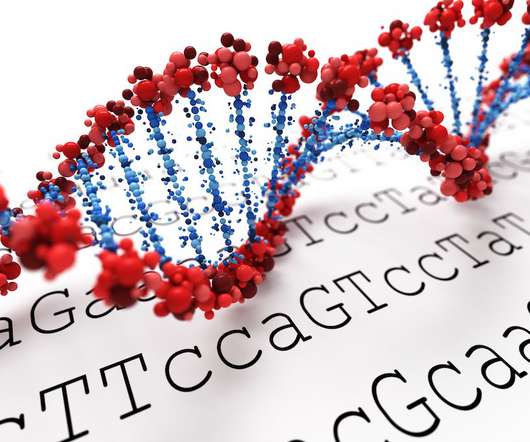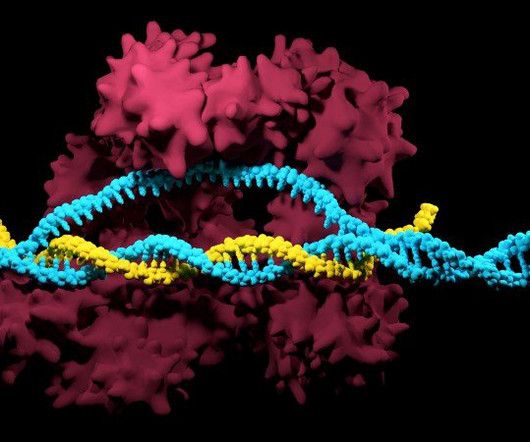Evolution in Hepatitis B and C Virus: Can we expect success similar to Hepatitis C in Hepatitis B as well?
Delveinsight
DECEMBER 13, 2020
The first approved treatment for hepatitis C was a series of protein-based injections called recombinant interferon-alfa (IFNa). Interferons are naturally occurring proteins in the body; recombinant IFNa is the protein-based drug that works to mobilize the body’s natural immune system to fight disease. in January 2019.












Let's personalize your content